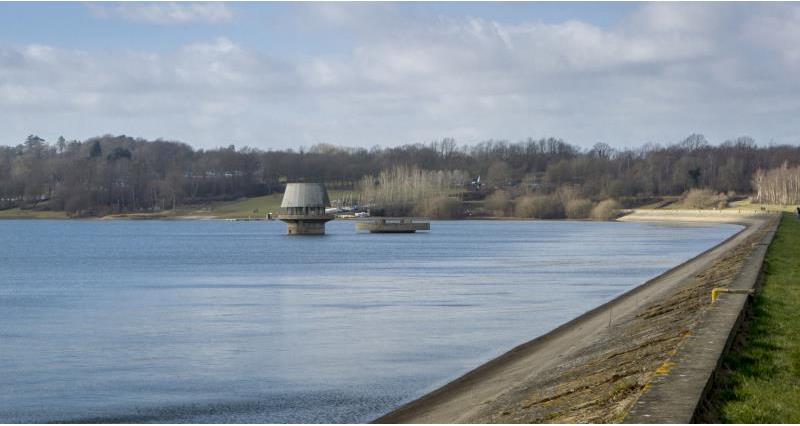The reservoir is a key source of drinking water for many thousands of people across Kent and East Sussex and the drought permit will give Southern Water greater flexibility, until the end of March 2018, to take water from the River Medway and River Teise and pump it into Bewl.
Bewl is currently around 50% full. Southern Water hopes that the permit will help it to increase the reservoir's water level to 75% by 1 April 2018, thereby securing sufficient supplies for the spring and summer.
The NFU is in close contact with Southern Water and the Environment Agency about the arrangements at Bewl which could impact on members if the current permit is extended into the irrigation season.
Meanwhile, the Environment Agency has again flagged up potential impacts of the prolonged dry spell in the south east. Despite high December and January rainfall, groundwater levels in the region mostly range from “exceptionally low to notably low”.
The NFU represents the ‘Water for Food' group on Defra’s National Drought Group (NDG). The NDG will meet at the end of January to review the current water resources situation.
Cropping decisions for 2018 will have already been taken but a narrow window for limited changes to farm plans remains, and many NFU members report that the next 4-6 weeks will be crucial.
The Water for Food group is working closely with the Environment Agency to devise and maintain a communications plan to signpost farmers and growers to local, basic information on the current weather and water situation, ensuring they are aware of the support available to them if the situation deteriorates.
Meanwhile, the NFU is calling for:
- Environment Agency to facilitate dialogue between the agricultural and public water sectors to plan for potential drought impacts on the livestock sector. Livestock farms can be particularly vulnerable to mains supply interruptions leading to social (spatial isolation) and animal welfare impacts.
- Environment Agency to provide real time river-flow information to abstractors with hands off flow (HOF) licence conditions so that irrigators know the status of their abstraction at all times.
- Public water supply sector to apply a consistent approach to the ‘traffic light’ system for the application of Temporary Use Bans (TUBs) to minimise the adverse impact of hosepipe bans on the amenity horticulture and turf sectors.
The NFU has also suggested that:
- Defra’s new water abstraction plan could be the catalyst to developing dialogue amongst abstractors at catchment level to improve local drought management.
